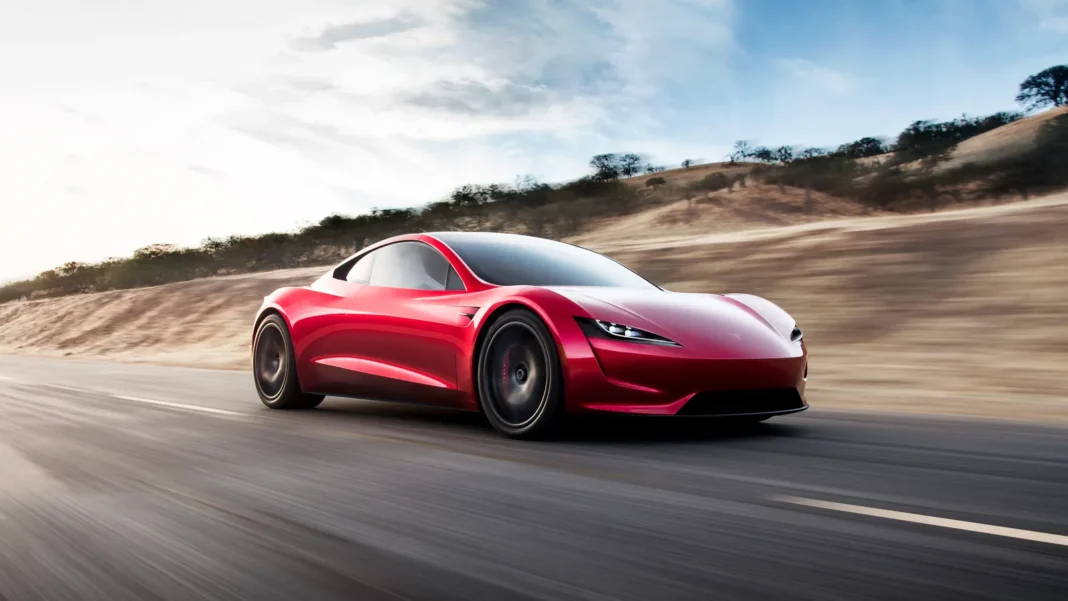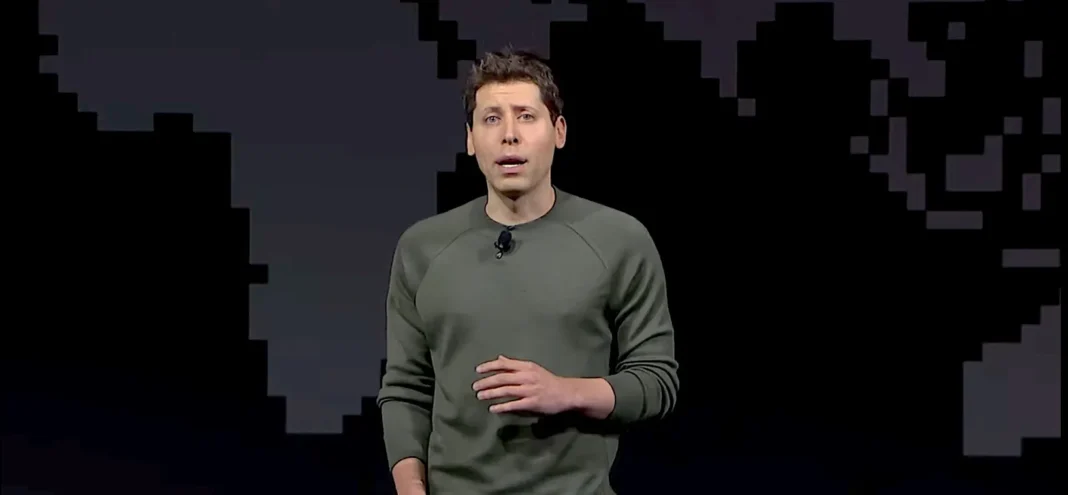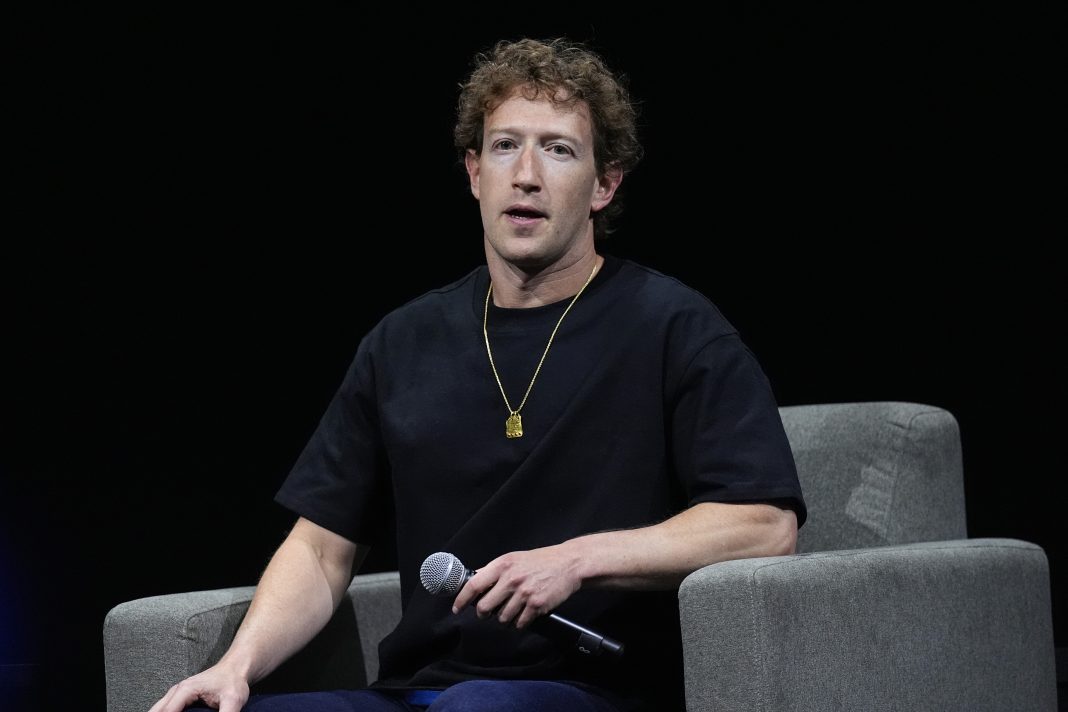A Florida federal jury has ruled that Tesla is partially liable in a fatal 2019 Autopilot crash, ordering the company to pay $243 million in damages. This is the first time Tesla has faced a jury verdict tied directly to its Autopilot system’s role in a fatality.
⚖️ Details of the Verdict
- The crash occurred near Key Largo, Florida on April 25, 2019, when a Tesla Model S struck a parked SUV, killing 22‑year‑old Naibel Benavides Leon and severely injuring her partner, Dillon Angulo.
- Plaintiffs were awarded $129 million in compensatory damages and $200 million in punitive damages. Tesla is responsible for 33% of the compensatory portion (~$42.6 million) and the full punitive amount.
- The driver, George McGee, was deemed 67% at fault for distraction and failure to stop—but he was not sued and will not pay his share.
🧠 Why Tesla Was Found Liable
- Jurors found Tesla failed to restrict Autopilot use to controlled-access highways, despite internal knowledge that it could be misused on public roads.
- The system did not alert the driver to the approaching stop sign or intersection, nor prevent the crash when the driver became distracted—indicating a defect in the design.
💬 Tesla’s Response and Planned Appeal
Tesla quickly rejected the verdict, calling it “wrong” and warning that it could “jeopardize Tesla’s and the entire industry’s efforts” toward autonomous driving. The company emphasized that no car at the time (or today) could have prevented the crash and reiterated that drivers bear ultimate responsibility. Tesla confirmed it will appeal the verdict.
📉 Potential Broader Impacts
- The outcome could open the floodgates for additional lawsuits over Autopilot-related crashes, especially fatalities. Experts and plaintiffs’ attorneys suggest this may mark a turning point in legal accountability.
- Investors are taking note—Tesla shares dipped after the verdict, and the company continues to face pressure as it pursues its strategy for robotaxis and advanced autonomous tech.
📊 Autopilot Safety Under Scrutiny
Tesla has faced regulatory scrutiny and past criticism over stretch deployments of its Autopilot system. The NHTSA and NTSB have previously warned of safety gaps, especially in preventing driver misuse outside highway conditions. Reports show hundreds of crashes and multiple fatalities tied to Autopilot use.
📝 Final Thoughts
This verdict marks a major setback for Tesla and Elon Musk’s vision of widespread autonomy. The $243 million ruling not only holds Tesla partially responsible for tragic loss of life but may also reshape how driver-assist systems are regulated and litigated moving forward.



